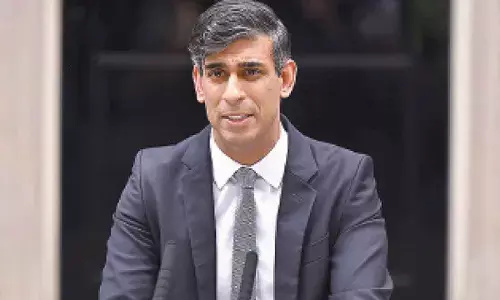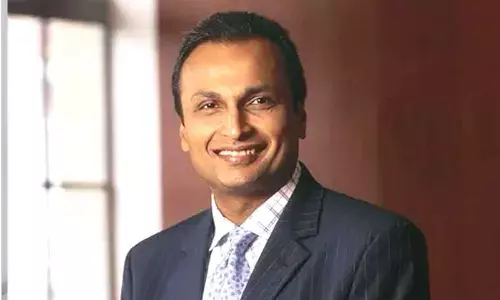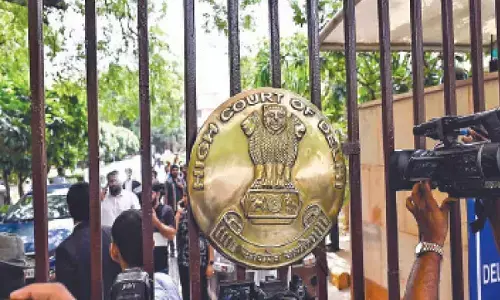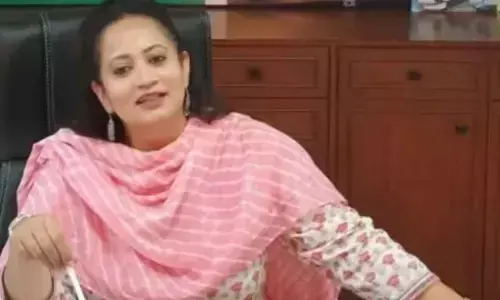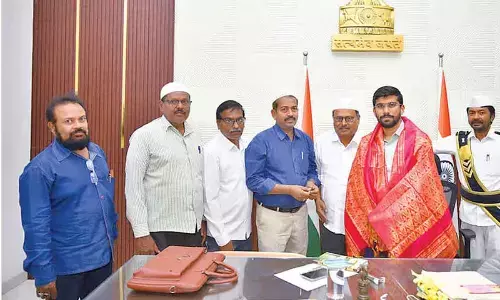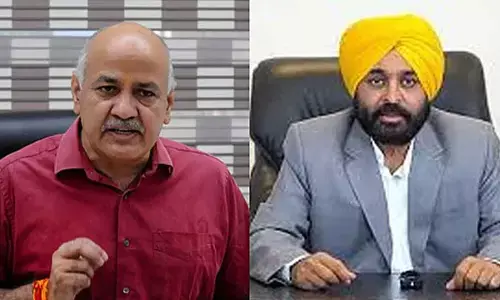National Science Day: India's women scientists stress on better support, fair policies in research
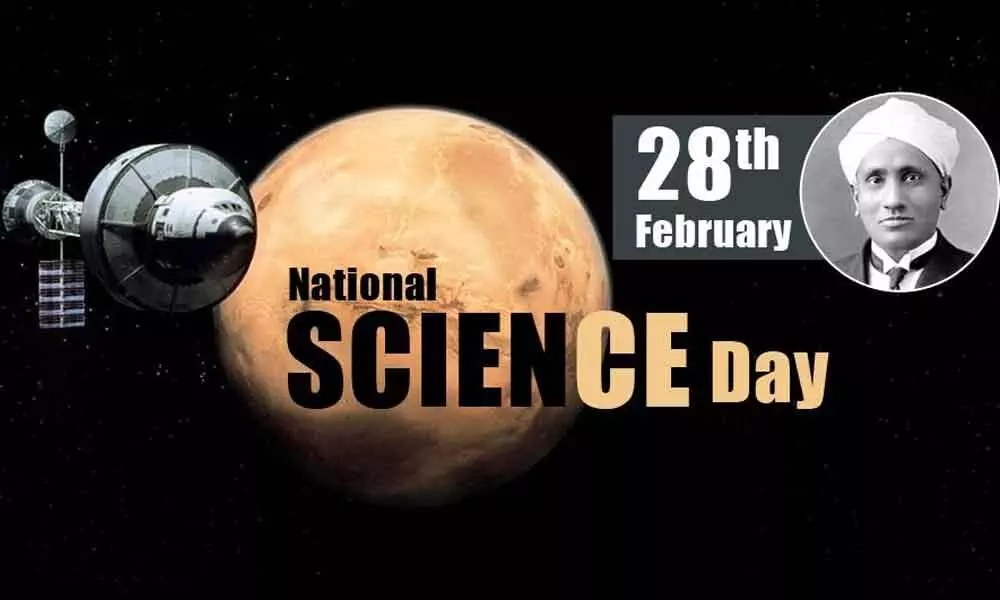
As the country marks the National Science Day on Friday, many leading Indian women scientists have stressed on the need for the right kind of support, equality, and gender-fair policies in the field of research.
As the country marks the National Science Day on Friday, many leading Indian women scientists have stressed on the need for the right kind of support, equality, and gender-fair policies in the field of research.
National Science Day is celebrated on February 28 each year commemorating Indian physicist C V Raman's discovery in 1928 of the Raman effect -- the scattering of photons or light particles by matter. Raman received a Nobel Prize in Physics in 1930.
Of the 607 Nobel medals awarded so far in scientific disciplines globally, just 20 have gone to women.
Noting that a career in science is a demanding and tough option, Rupamanjari Ghosh, Vice-Chancellor, Shiv Nadar University, Greater Noida said there are additional barriers -- often unintentional and unconscious ones -- which are put up along the career path of women in science.
"When such a career demands long hours, there are issues of lack of security and basic amenities that affect women more adversely than men in this society. We need to pay active attention to these preventable problems," Ghosh, a Professor of Physics, told.
G Geetha, Professor and Head, Division of Research and Development at Lovely Professional University (LPU) in Punjab, emphasised on closing the gender gap, and moving towards women-led projects in science.
She noted that out of the 560 awardees of Shanti Swarup Bhatnagar Prize for Science and Technology, only 18 recipients have been women. The prize is one of the highest multidisciplinary science awards in India.
According to Geetha, women represent only about a fifth of senior authors in all published research.
A study, published in the journal PLOS One in 2018, assessed 293,557 research articles from 54 journals, and found that "29.8 per cent of all research authors, and 33.1 per cent of the first, 31.8 per cent of the co-, and 18.1 per cent of the last authors were women."
Another study by the UK's Intellectual Property Office (IPO) noted that women inventors account for just under 13 per cent of patent applications globally.
For society to evolve with equality, Geetha feels the state and union governments should provide women grants for startups, core research, travel, and prototype development.
"Universities should preferentially encourage women entrepreneurs and women startups. A survey has to be conducted on participation of women as chairpersons or committee member in policy making," Geetha added.
Professor Manjula Reddy, Chief Scientist, Center for Cellular and Molecular Biology (CCMB), Hyderabad believes that science in India is progressing at a rapid pace since the last decade, thanks to the focus and initiatives on education and research. "Setting up new educational and research institutions across India has contributed to this cause," she said.
However, Reddy, who won the Infosys Prize 2019, thinks India is lagging behind in basic sciences as compared to developed countries, and needs to make serious efforts to fill the gap. "This can be achieved with structured funding, more focus on education and research activities.
Basic research is a developmental activity; it may not have immediate tangible benefit but has long-term sustainability and is the bedrock for future technological advances," she explained.
Gagandeep Kang, Professor in the Department of Gastrointestinal Sciences at the Christian Medical College in Tamil Nadu believes that there is a lot of work to be done to build an understanding of the process and outputs of science -- a spirit of inquiry, and a deep trust in science and scientists.
"As scientists, some are doing reasonably well in many fields, but there are many areas where both quality people and skills are limited or lacking," said Kang, who was awarded the prestigious Infosys Prize in Life Sciences in 2016. Kang feels India does not have sufficient researchers working across various disciplines.
"That means we are unable to grow up to global standards, and there are few areas that I am aware of where an Indian group is among the world leaders," she added.


